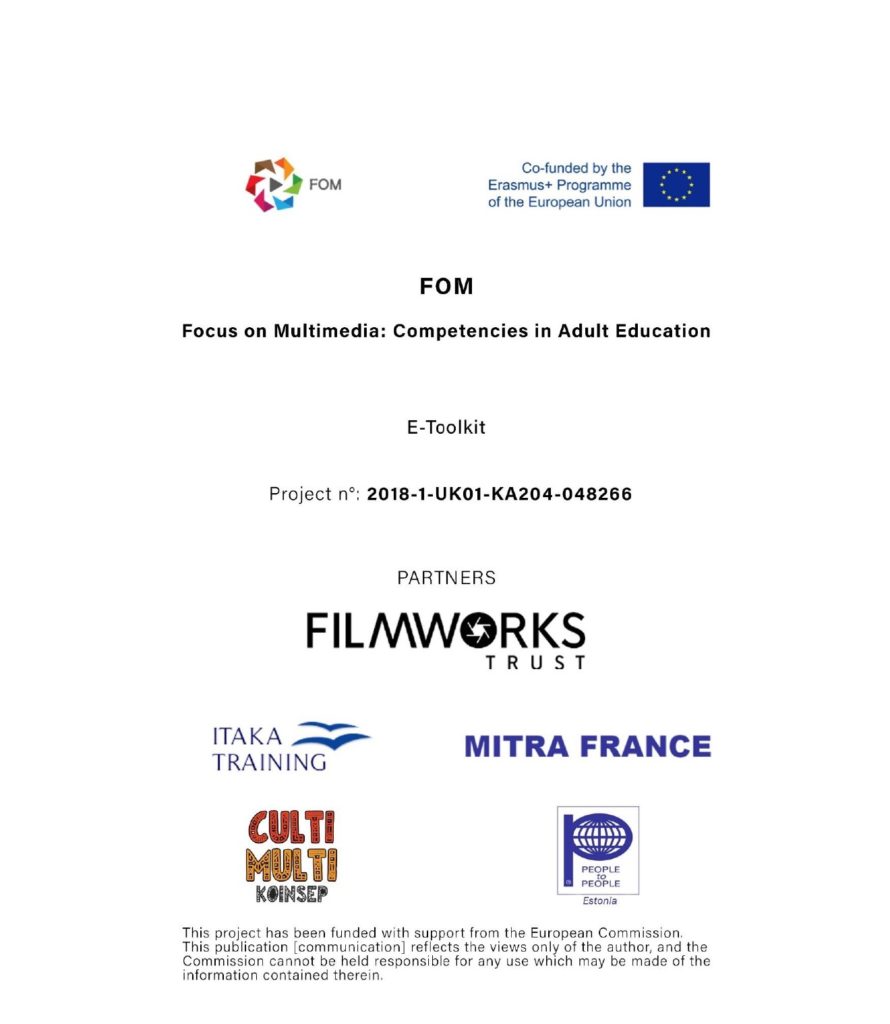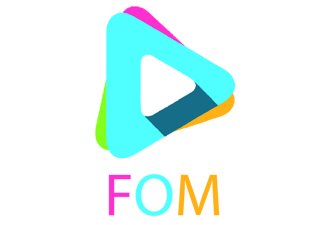Focus on Multimedia

EPOC
December 10, 2018
Learning Tree
October 30, 2019Click on the image below to download the toolkit

The project aims to respond strategically to support migrant adults recently settled in the EU that still face barriers to integrate with wider Europeans. However, despite efforts to follow common principles to guide and improve EU integration Member States have widely different approaches.
Migrants often face an identity crisis, sometimes torn between their original culture and host country; often not speaking the language or knowing how to integrate socio-economically. They face multiple barriers and experience all the difficulties and challenges such as low self-esteem, lack of confidence, search of themselves and their future, intergenerational problems added to being in a new country and lacking peer support and feeling lost. (Migrants in Europe, EUROSTAT 2011).
To address this issue partners from five countries – UK, France, Estonia, Italy and Greece – have created “Focus on multimedia: competencies in adult education” Strategic Partnership consortium. It aims at developing initiatives addressing spheres of adult education and exchange of experience and best practices in inclusion of migrants via multimedia literacy. Partners will enhance the professional development of educators working in the field of adult education. The project team will sustain the creation of multimedia learning pathways in line with educators’ needs for the empowerment of migrants and vulnerable groups by strengthening their multimedia literacy abilities as a mean of inclusion.
The specific objectives of this project are to:
- Exchanging experience and good multimedia practices among partners so as to extend and developing educators’ competences;
- Build and strengthen relationships among a network of education and training organisations at local and EU levels who can benefit from improved learning about reaching particularly disenfranchised communities;
- Promote migrant, asylum-seeker and newly-arrived migrant integration while enhancing activities to support equality, diversity and inclusion in EU countries at a local community level;
- Support creativity in EU integration of migrant groups via multimedia practices.
The consortium will contribute to the objectives of the Erasmus+ Programme by reinforcing network of organisations, increasing capacity to operate at transnational level, share ideas, best practices and methods. During this Strategic Partnership participants will learn how to assist migrants to be active and responsible citizens – play an important role in today’s EU. Consequently, organisations will foster quality improvement in adult training at EU level by sharing experiences and methods of engaging migrants by developing and implementing multimedia practices across organisations and countries.
There will be three transnational meetings in France, Estonia and Italy and one training course in the UK. In total there will be 150 participants involved in project activities and more than 1000 indirectly during dissemination activities.
The methodology of the transnational project meetings and short-term joint staff training event will be based on the principles of non-formal education mixed with multimedia activities. Activities include in the overall workshops about multimedia and video production, presentations, sharing of best practices, testing new methods and instruments of non-formal learning, group dynamics, brainstorming, networking, self-assessment and reflection exercises.
The project is designed to achieve an increased impact on adult educators, staff members, partner organisations, associated partners and on the local target groups as final beneficiaries. Participants will improve their competences in intercultural dialogue, working with migrants and other groups facing social exclusion and unemployment. In parallel they will exchange good practices which will help them to enrich their daily work by delivering high quality workshops.
The final beneficiaries will be either migrants, unemployed, neet – people coming from areas furthest from the labour market that are most at risk of social exclusion. The project will support on the local level a group of 30 participants with fewer opportunities and also other local adult learners involved in the project activities.
There will be intangible results – competences of participants and tangible results E-toolkit and videos that will make the project results sustainable. Project videos and E-Toolkit will be available on the Internet. It will be constantly added with new materials from project partner organisations. The project after-effect will come out as established cross-sectoral cooperation of organisations as well as further cooperation on new projects. In 2019, partners plan to apply with new Erasmus+ project which will include intellectual outputs.





